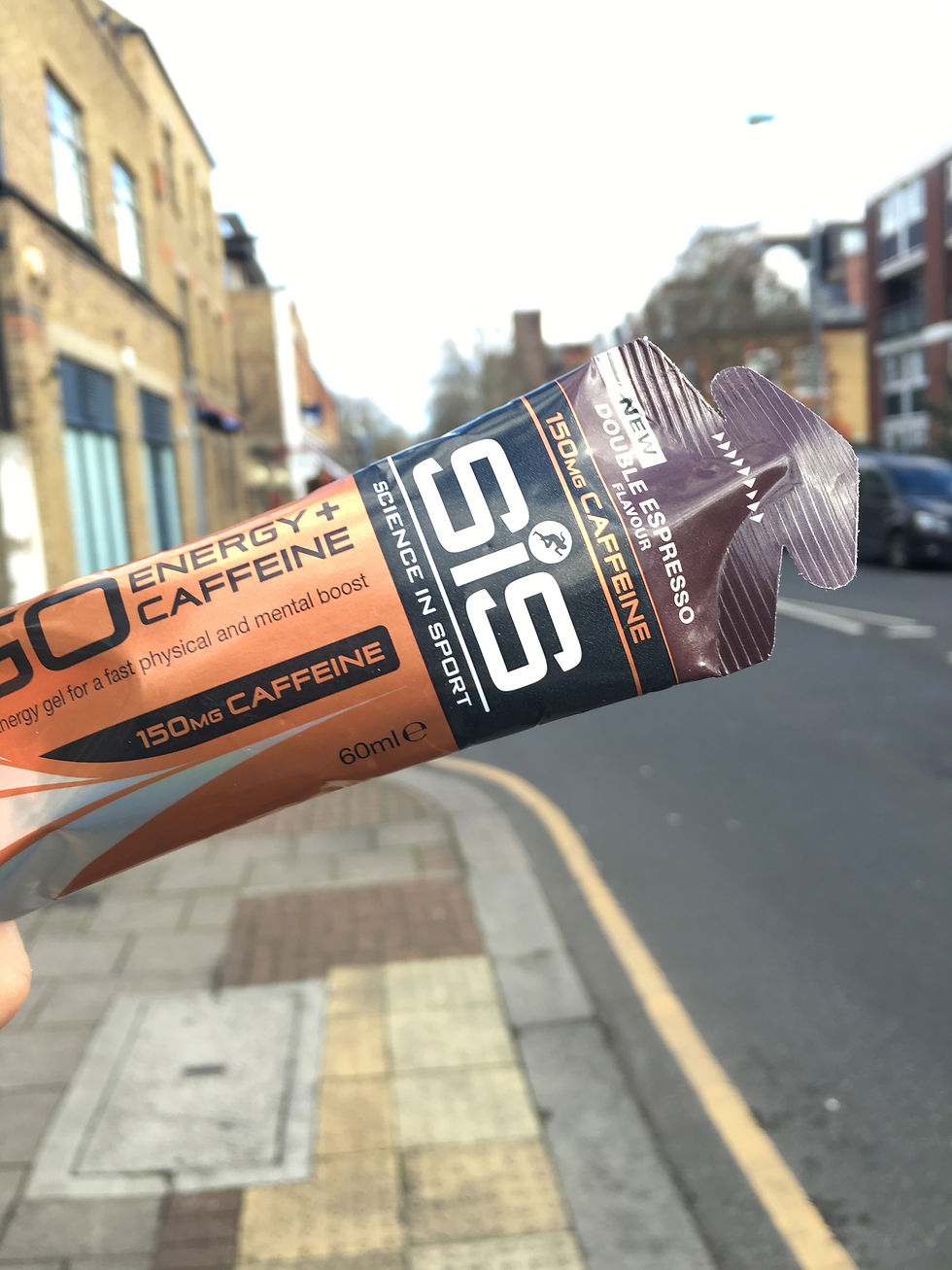Following on from our blog post on fuelling, we want to highlight two important sports supplements: caffeine and electrolytes.

Caffeine
One supplement we highly recommend trying is caffeine, as numerous studies have shown its positive effects on endurance sports, including running.
However, caffeine affects individuals differently, so it’s important to consider your own tolerance and be aware of potential side effects like increased heart rate or gastrointestinal discomfort. Test it out on shorter runs or during training before race day to determine what works best for you.
The easiest way to consume caffeine while running is through energy gels that contain caffeine. We’d suggest taking one or two over the course of a race, but be mindful—not all your energy gels should contain caffeine to avoid overstimulation.
Other options include caffeine chews, tablets, or drinks, but whatever you choose, make sure to trial them in training first.
Electrolytes

When we sweat, we don’t just lose water; we also lose electrolytes such as sodium, potassium, magnesium, and calcium. A balanced diet helps replenish these, but during longer or more intense runs—especially in hot conditions—it can be harder to replace them quickly.
If you tend to sweat heavily and notice white salt residue on your skin or clothing after a run, you may be losing more sodium than average. In this case, consider replenishing electrolytes during exercise by:
Using electrolyte tabletsdissolved in water.
Choosing energy gels with added electrolytes (which often have a slightly saltier taste).
Drinking sports drinks that contain electrolytes.
While cramping is often linked to electrolyte imbalances, research suggests that muscle fatigue is a more common cause. Strength training and endurance conditioning can help reduce the likelihood of cramping by improving muscle resilience. However, if you frequently experience cramps, increasing sodium intake during runs may help.
Final Thoughts
Both caffeine and electrolytescan play a valuable role in supporting your endurance performance, but individual needs vary. Experiment during training to find what works best for you, and remember that proper hydration and balanced nutrition remain key to feeling strong throughout your run.



Comments